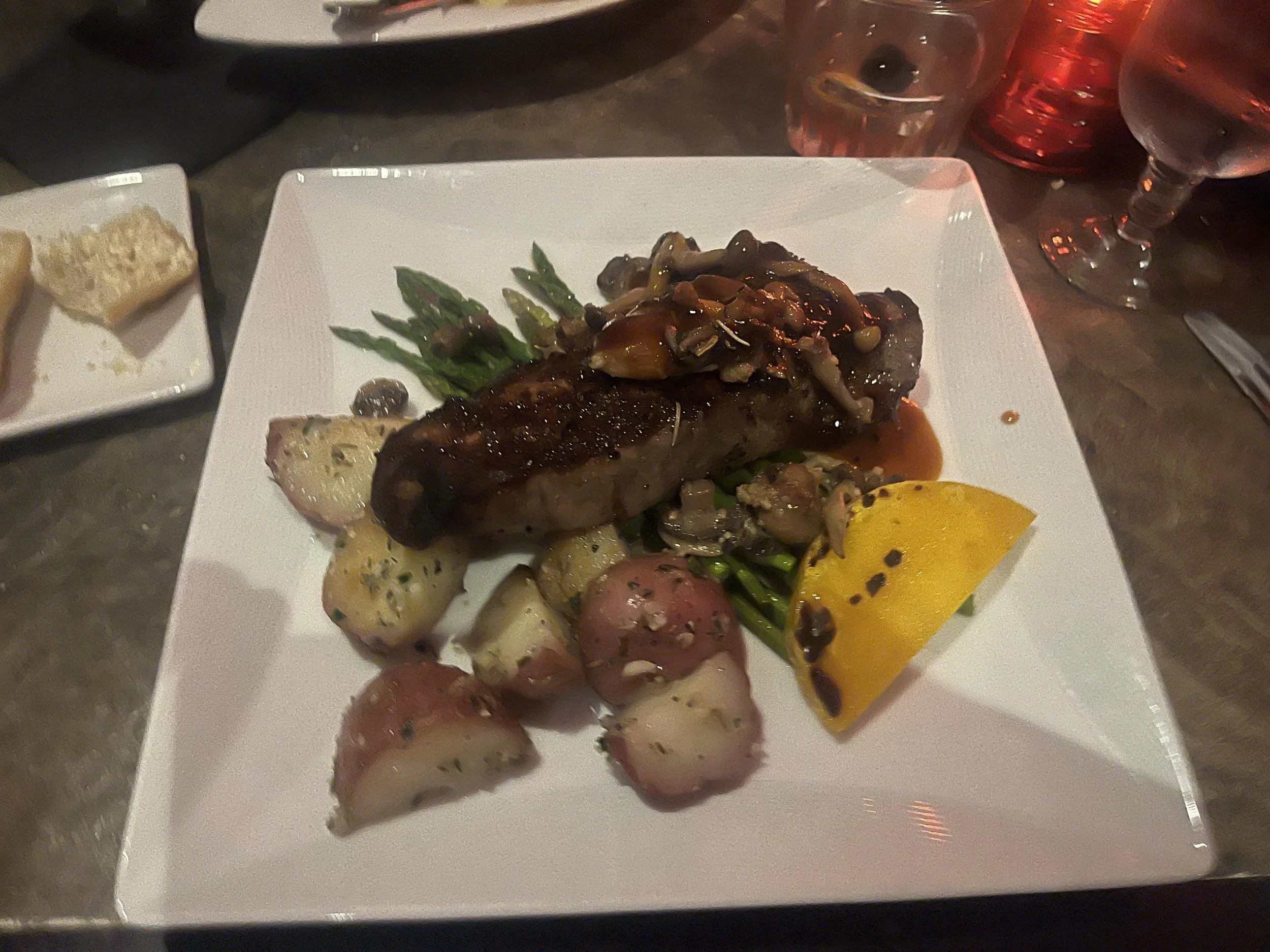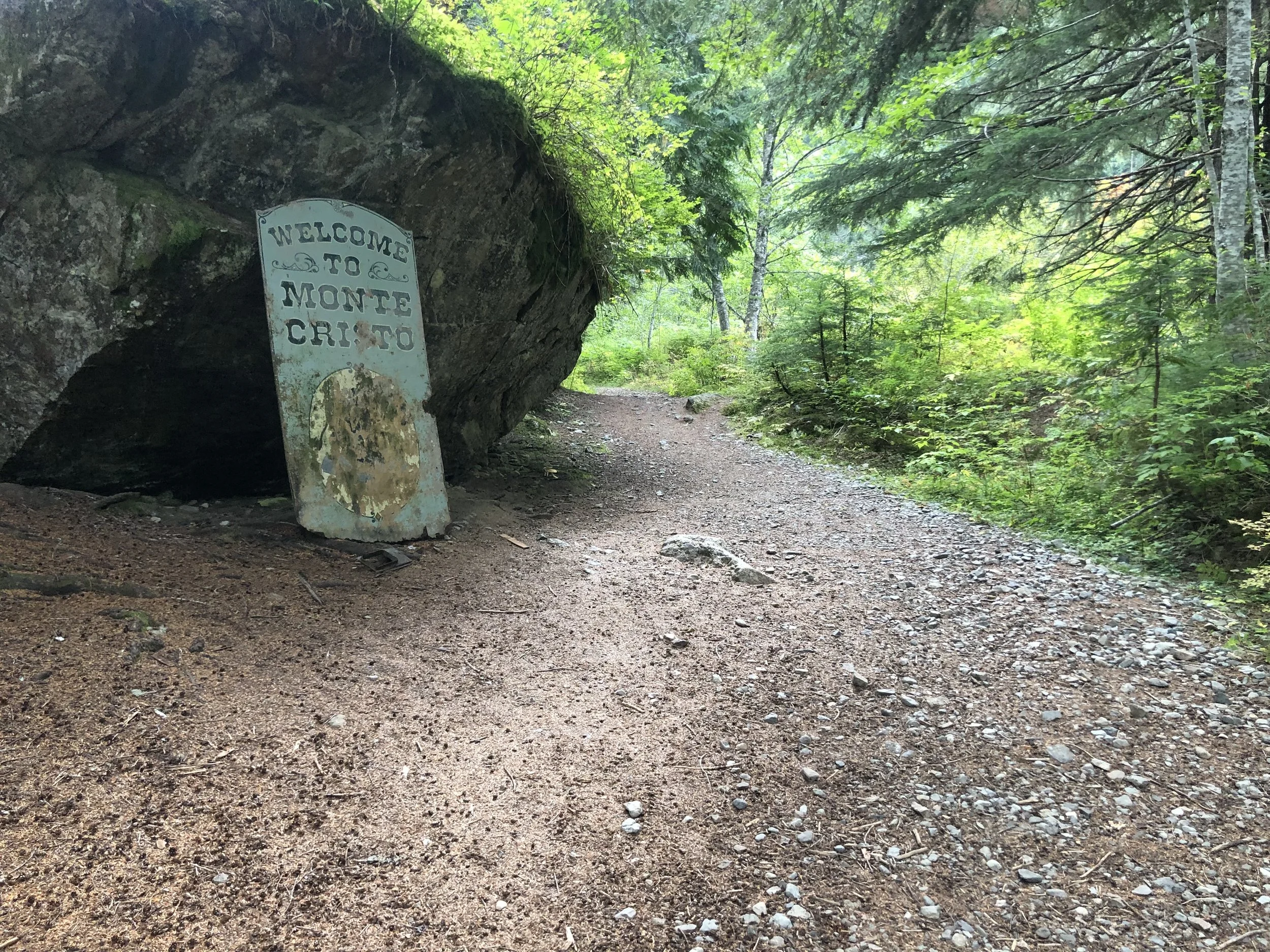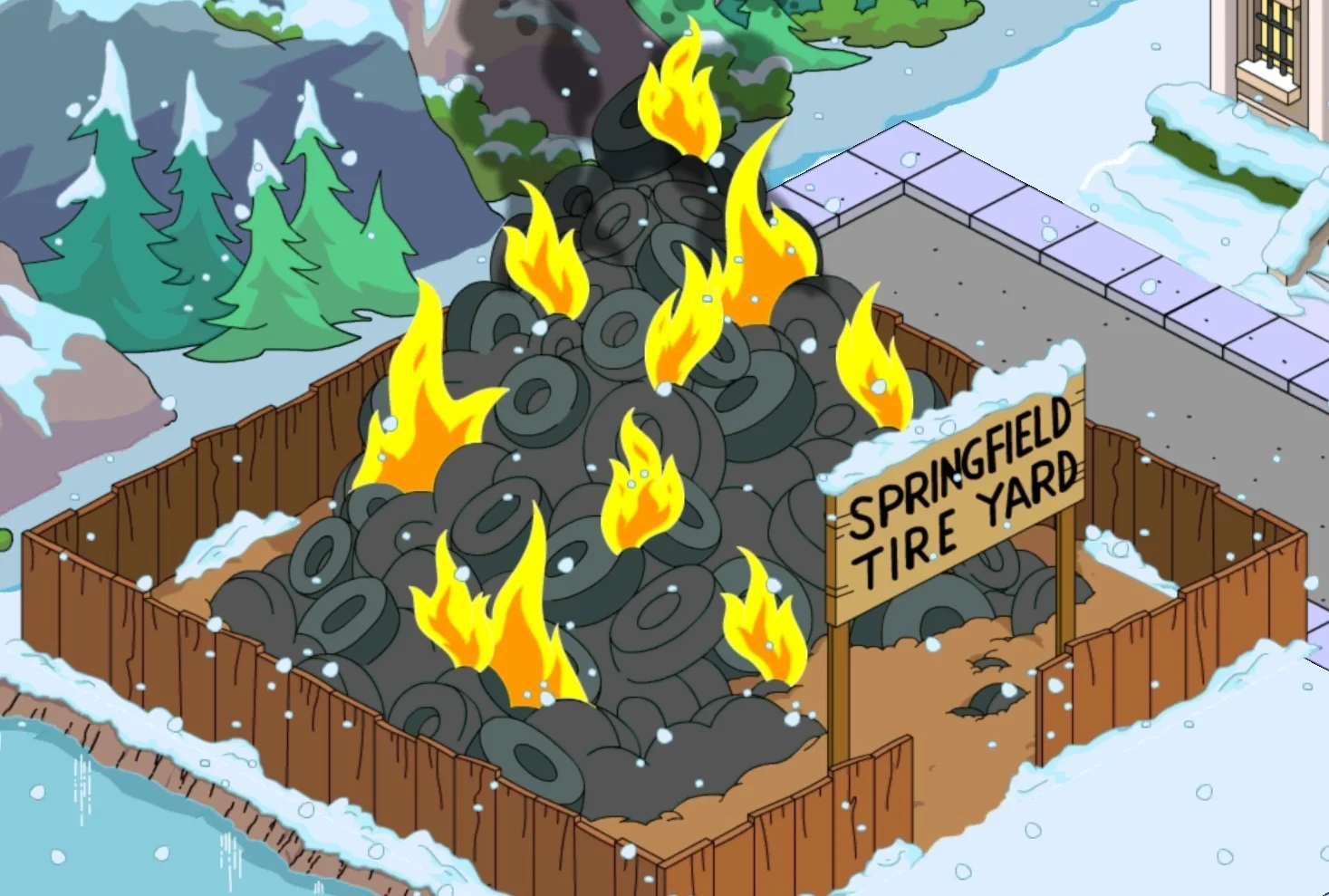Everett Gardening: Taking your Garden Full Circle with Composting
It’s mid-summer, you’ve got all these wonderful fruits and veggies that you’ve grown yourself and procured locally (hopefully), and you’re finding yourself with mountains of trimmings, peelings and produce that has gone uneaten, along with grass clippings and other garden cuttings from your summer chores. What to do with it all?
Consider composting those scraps because composting adds nutrients and beneficial organisms to your soil while reducing landfill waste. Through the process of decomposition, your kitchen scraps will turn into a nutrient-rich soil conditioner. You don’t need to be an expert to get started because with a few tips, you’ll be a gardening alchemist, turning kitchen cast-offs into soil gold.
Understanding the “Recipe”
There are a few required ingredients in a recipe for good compost.
To get started, aim for a 1:1 ratio of green to brown matter, with air, water and time added for best results. This mix is essential for quick, aerobic decomposition. Keep in mind that anything you add to your pile should be non-poisonous and chopped into small pieces. Before it goes into the bin, get it wet.
Green matter from Jennifer’s kitchen // Jennifer McKinney
GREEN: Common sources for “green” matter from the kitchen include fruit and veggie peelings, teabags, eggshells and coffee grounds. Stay away from dairy, meat or cooked foods. If you only wish to compost food scraps, consider using a worm bin or food digester style of composter with a secure lid to keep rodents out.
Your yard or deck can also produce green matter from grass clippings, plant cuttings and some weeds (without seeds).
A proper mix of green and brown materials in the bin aids in aerobic decomposition // Jennifer McKinney
BROWN: Brown materials include straw, deciduous leaves, sawdust, wood chips/twigs and paper. Did you know that shredded paper can be used in a compost bin? Just avoid using glossy paper. If you have a friend who raises chickens, ask them to set aside some old bedding, including manure, next time they clean out their coop. Again, just ensure that what you put into the pile is in small pieces so it will break down easily.
A tumbling compost bin can make turning compost much easier, allowing for quicker decomposition // Jennifer McKinney
AIR: Your compost will need to be turned regularly – approximately every 2-3 weeks – to incorporate air into the decomposition process. Pitchforks or specialty tools can help make it easier, or acquire a tumbling compost bin, which will allow you to turn your compost much more easily. Bins can be made from wire (hardware cloth, chicken wire, fencing), palettes and other materials with allowances for air to penetrate the pile and allow you room to turn the material.
WATER: Your pile will require just the right amount of moisture – too much and the pile will smell bad, too little and it won’t heat up properly – and the heat is what will turn your green and brown into compost. Just keep an eye on the moisture in the pile. If it’s too moist, add a bit more brown. Too dry, add a bit of water. When you have the right mix, you’ll be able to feel the hit emitting from the pile.
Green + brown + air + water + time = nutrient-rich compost // stock image
TIME: The time period for finishing compost can vary depending on what goes into it, the time of year, and how much you help things along. “Hot” compost (the kind you turn and spend more time caring for) is generally ready in 3-6 months and “slow) compost (as a pile that just sits with a minimal amount of your input) is generally ready in 9-12 months in the Pacific Northwest.
Set your bin up on the earth so that worms and other decomposer organisms can easily access it and break it down. When your compost is completed, you’ll have soil gold, ready to top-dress or mix into your garden to complete the cycle.
Check out our other Everett gardening articles.
Jennifer McKinney lives and works in the Delta neighborhood with her husband, chickens, cats, rabbit and dog. She enjoys gardening, coffee, travel, fine dining and the occasional stiff whisky.





































